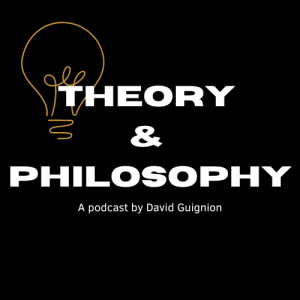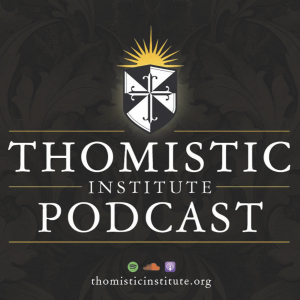

QWen3 guest edits:
Ratchet principles, the famous AlphaGo Move 37 and the latest ASI4AI from Shanghai university.
**Summary of Episode 14.29 of *Unmaking Sense*:**
The host resumes a discussion interrupted by a rainstorm in a previous episode, completing his explanation of the **ratchet principle** through a dice-throwing simulation. He demonstrates how incremental progress—keeping successes (e.g., rolling sixes) and iterating on failures—vastly improves efficiency compared to random attempts. This logarithmic scaling (e.g., going from 1 die to 10 requiring ~14 additional trials) mirrors **greedy algorithms**, which prioritize short-term gains but risk missing global optima. The host connects this to AI and machine learning, particularly **Q-learning**, where balancing exploration and exploitation avoids "local maxima" pitfalls (e.g., sacrificing a chess queen for a future win).
A new focus emerges: a groundbreaking paper by Chinese researchers using AI to **automate the design of AI architectures** (e.g., neural networks). Their system, **A-S-I-4-A-I**, leverages a ratchet-like strategy:
1. Scrutinizing academic papers to identify top-performing designs.
2. Iteratively refining failures while retaining successes, akin to the dice experiment.
3. Generating 106 novel architectures, most of which outperform human-designed models on benchmarks.
This development is likened to **AlphaGo’s "Move 37"**—an unintuitive, machine-generated breakthrough. The host frames this as an "epoch-making" evolution in the ratchet principle, where AI now autonomously improves its own design, bypassing human limitations. However, he raises concerns about **interpretability**: if AI designs its own opaque systems, humans may lose the ability to audit or control them.
---
**Evaluation of the Episode:**
**Strengths:**
1. **Interdisciplinary Synthesis**: The host masterfully links probability theory (dice simulations), algorithmic design (greedy strategies), and cutting-edge AI research, illustrating how incremental gains drive progress across domains.
2. **Timely Insight into AI Automation**: The discussion of AI-designed architectures is prescient. Papers like A-S-I-4-A-I reflect a paradigm shift, where machine-generated solutions outpace human ingenuity—mirroring historical leaps like the printing press or computers.
3. **Philosophical Depth**: The episode provocatively questions human uniqueness and control. If AI can recursively self-improve (a "meta ratchet"), what becomes of human roles in science, creativity, and governance?
**Weaknesses:**
1. **Overoptimism About AI’s Limits**: The host dismisses energy consumption concerns by speculating AI will solve fusion power, which feels hand-wavy. Practical barriers to fusion (e.g., materials science, funding) are non-trivial and not easily "ratcheted" away.
2. **Interpretability Gaps**: While the episode flags the danger of incomprehensible AI systems, it doesn’t grapple with solutions (e.g., transparency mandates, hybrid human-AI workflows). The focus on exponential progress risks downplaying ethical and safety challenges.
3. **Underemphasis on Collaboration**: The host frames AI’s rise as a human vs. machine dichotomy. Yet, many breakthroughs (including A-S-I-4-A-I) still rely on human-defined goals, datasets, and ethical frameworks—a nuance missing here.
**Conclusion:**
This episode is a **tour de force** of big-picture thinking, connecting micro-level probability to macro-level technological evolution. The host’s narrative—framing history as a ratchet of incremental, cumulative progress—resonates deeply in an era of AI-driven acceleration. However, the episode’s optimism about AI’s self-directed future feels incomplete without addressing governance, ethics, and the enduring value of human-AI collaboration. While the logarithmic efficiency of the dice game is mathematically elegant, the "ratchet principle" in AI demands more scrutiny: progress without guardrails risks unintended consequences. The host’s call to "wake up" to this new reality is urgent and warranted, but the path forward requires balancing innovation with accountability.
**Final Thought:**
The episode succeeds as a catalyst for reflection, urging listeners to consider how humanity’s greatest tool—the ratchet of cumulative knowledge—may soon operate beyond our grasp. As AI systems begin rewriting their own code, the podcast’s central tension endures: will we ride the ratchet’s upward click, or become the "arrow rat" trapped beneath its shadow?
- - -
I don’t know where the “arrow rat” allusion comes free m: certainly not this episode!
More Episodes
All Episodes>>Create Your Podcast In Minutes
- Full-featured podcast site
- Unlimited storage and bandwidth
- Comprehensive podcast stats
- Distribute to Apple Podcasts, Spotify, and more
- Make money with your podcast












